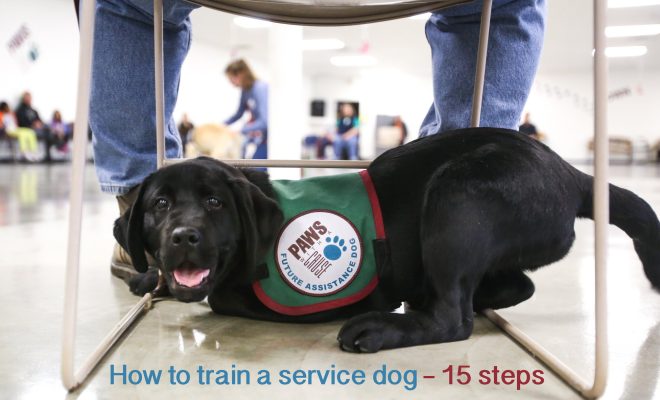How to Care for a Conure

Conures, small and highly intelligent parrots, make delightful and entertaining pets. These charming birds thrive when provided with the appropriate care and attention. This article aims to guide new and potential conure owners on how to best care for these beautiful birds.
1. Housing
A spacious cage is essential for your conure’s comfort and well-being. Choose a cage at least 24 inches wide, 24 inches deep, and 30 inches tall. Bigger is always better, as conures are active birds that love to climb and play. Ensure that the cage bars are spaced between half an inch and one inch apart to prevent injury or escape.
Place your conure’s cage in a location with plenty of natural light but not in direct sunlight. Keep the cage away from drafts, air conditioners, or heaters, as drastic temperature changes can be harmful to your bird.
2. Toys and Enrichment
Conures are intelligent and curious birds that require plenty of mental stimulation. Provide toys that encourage problem-solving, such as puzzle toys or treat-dispensing toys. Conures also enjoy toys they can chew on like wooden blocks or specially designed bird-specific toys made from safe materials.
Rotate toys regularly to prevent boredom. You can also stimulate your conure’s mind by hiding treats around the cage or teaching it tricks and games outside of the cage.
3. Diet
A balanced diet is crucial for a healthy conure. Feed your conure a mix of high-quality pellets formulated for parrots along with fresh fruits and vegetables. Some great options include berries, apples, bananas, carrots, broccoli, and bell peppers.
Avoid giving your conure avocado, chocolate, onion, garlic, or alcohol as these can be toxic to birds. Monitor your conure’s food intake and weight to ensure it’s eating properly.
4. Socialization
Conures are social creatures that crave attention from their humans. Spend at least two hours daily interacting with your conure outside of the cage to keep it happy and well-socialized. Remember that consistency is key – try to maintain a regular routine.
5. Grooming
Maintaining proper hygiene is important to keep your conure healthy. Provide a shallow water dish for bathing, or use a spray bottle filled with lukewarm water to gently mist your conure, encouraging it to clean itself.
Trim your conure’s nails regularly and monitor its beak length. If you suspect its beak is overgrown, consult an avian veterinarian for proper trimming.
6. Health and Veterinary Care
Schedule annual check-ups with an avian veterinarian to monitor your conure’s health and detect potential issues early on. Ensure that your bird is up-to-date on all necessary vaccines and medications as recommended by the vet.
Signs of illness in conures include weight loss, lethargy, plucked or ruffled feathers, difficulty breathing, or changes in droppings. If you notice any of these symptoms, contact your avian veterinarian immediately.
By following these guidelines, you can provide the best possible care for your conure and enjoy a long-lasting, fulfilling relationship with your feathered companion.

